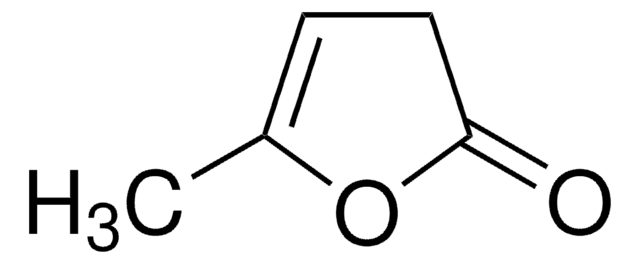Alle Fotos(1)
Wichtige Dokumente
37-0470
Zinkoxid
JIS special grade, ≥99.0%
Anmeldenzur Ansicht organisationsspezifischer und vertraglich vereinbarter Preise
Alle Fotos(1)
About This Item
Lineare Formel:
ZnO
CAS-Nummer:
Molekulargewicht:
81.39
EG-Nummer:
MDL-Nummer:
UNSPSC-Code:
12352302
PubChem Substanz-ID:
Empfohlene Produkte
Qualität
JIS special grade
Assay
≥99.0%
Form
powder
Eignung der Reaktion
reagent type: catalyst
core: zinc
Verfügbarkeit
available only in Japan
SMILES String
O=[Zn]
InChI
1S/O.Zn
InChIKey
XLOMVQKBTHCTTD-UHFFFAOYSA-N
Suchen Sie nach ähnlichen Produkten? Aufrufen Leitfaden zum Produktvergleich
Anwendung
Verwendet bei der Herstellung von NaZnSiO3OH, einem neuartigen chiralen Gerüstmaterial mit potenziellen Anwendungen bei Ionenaustausch, Adsorption oder Katalyse.
Signalwort
Warning
H-Sätze
P-Sätze
Gefahreneinstufungen
Aquatic Acute 1 - Aquatic Chronic 1
Lagerklassenschlüssel
11 - Combustible Solids
WGK
WGK 2
Flammpunkt (°F)
Not applicable
Flammpunkt (°C)
Not applicable
Hier finden Sie alle aktuellen Versionen:
Besitzen Sie dieses Produkt bereits?
In der Dokumentenbibliothek finden Sie die Dokumentation zu den Produkten, die Sie kürzlich erworben haben.
Kwang Gug Yim et al.
Journal of nanoscience and nanotechnology, 13(5), 3586-3590 (2013-07-19)
ZnO nanostructures were grown on Si (111) substrates by a hydrothermal method. Prior to growing the ZnO nanostructures, ZnO seed layers with different post-heat temperatures were prepared by a spin-coating process. Then, the ZnO nanostructures were annealed at 500 degrees
Xiaolong Li et al.
Journal of nanoscience and nanotechnology, 13(8), 5859-5863 (2013-07-26)
In this study, we present the synthesis of ZnO nanowire by hydrothermal process through reutilization of sludge from soy sauce wastewater electrochemical treatment. The influences of floc content and caramel pigment concentration on the morphologies of ZnO were studied. The
Long Giang Bach et al.
Journal of nanoscience and nanotechnology, 13(1), 694-697 (2013-05-08)
ZnO nanoparticles were covalently wrapped by polystyrene (PS) through surface thiol-lactam initiated radical polymerization using the grafting from approach. The surface of ZnO nanoparticles was initially modified by 3-mercapto propyltrimethoxysilane to afford thiol functionalized ZnO nanoparticles (ZnO-SH). The controlled radical
Hyeong Pil Kim et al.
Journal of nanoscience and nanotechnology, 13(7), 5142-5147 (2013-08-02)
Solution processed cathode organic photovoltaic cells (OPVs) utilizing thin layer of ZnO with 27% increase in power conversion efficiency (PCE) to control devices have been demonstrated. Devices without the presence of ZnO layer have much lower PCE than the ones
Min Su Kim et al.
Journal of nanoscience and nanotechnology, 13(5), 3582-3585 (2013-07-19)
Metal catalyst-free ZnO nanorods were grown on PS with buffer layers grown at 450 degrees C by plasma-assisted molecular beam epitaxy. Room temperature and temperature-dependent photoluminescence were carried out to investigate the optical properties of the ZnO nanorods with the
Unser Team von Wissenschaftlern verfügt über Erfahrung in allen Forschungsbereichen einschließlich Life Science, Materialwissenschaften, chemischer Synthese, Chromatographie, Analytik und vielen mehr..
Setzen Sie sich mit dem technischen Dienst in Verbindung.








